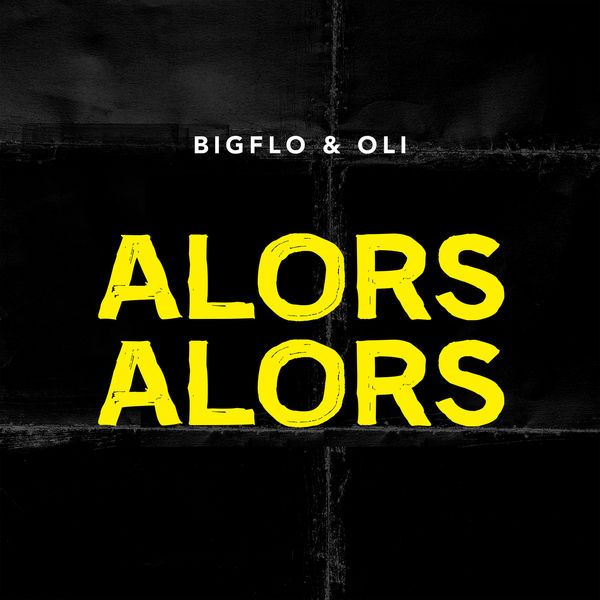Imagine this: You’re in Paris, eagerly trying to order a croissant at a bustling boulangerie. But, you’re struggling with your French, and you’re not sure whether to use “donc” or “alors.” Suddenly, a friendly Parisian helps you out, explaining the subtle difference between these two conjunctions. This is the power of language – even seemingly small distinctions can have a big impact on your communication.
Image: hinative.com
In the realm of French grammar, “donc” and “alors” are often used interchangeably, but there are subtle nuances that can affect the meaning of your sentence. Understanding these nuances is not just about achieving grammatically correct sentences, but also about conveying your thoughts accurately and effectively. This article will delve into the depths of “donc” vs “alors,” helping you master these essential conjunctions and enhance your French fluency.
Exploring “Donc” and “Alors” in Depth
“Donc” and “alors” are both conjunctions that can be translated as “so” or “therefore” in English. However, their precise meanings and uses differ, adding shades of meaning to your sentences.
The Power of “Donc”
“Donc” is used to indicate a consequence or a logical conclusion drawn from a previous statement. It implies a direct connection between the preceding statement and the consequent statement. “Donc” often translates to “therefore” or “so,” emphasizing the logical relationship between ideas.
Here are some typical examples of “donc” in action:
- Il pleut, donc je prends mon parapluie. (It’s raining, therefore I take my umbrella.)
- J’ai faim, donc je vais manger. (I’m hungry, so I will eat.)
- Elle a travaillé dur, donc elle a réussi son examen. (She worked hard, therefore she passed her exam.)
The Versatility of “Alors”
“Alors” is more versatile than “donc,” reflecting a wider range of meanings and uses. It can express consequence, but it can also indicate a temporal connection, a sequential action, or even a simple continuation of a conversation.
Here’s a breakdown of the various roles of “alors”:
- Consequence: Similar to “donc,” “alors” can show a consequence. However, it often implies a weaker connection than “donc.”
- Il est tard, alors je vais me coucher. (It’s late, so I’m going to bed.)
- Temporal Connection: “Alors” can indicate a sequence of actions over time.
- Elle est arrivée à l’école, alors elle a rencontré son ami. (She arrived at school, then she met her friend.)
- Sequential Action: “Alors” can be used to introduce a following action or event.
- J’ai fini mon travail, alors je peux aller au cinéma. (I finished my work, then I can go to the cinema.)
- Continuing a Conversation: “Alors,” often used in an informal context, can signal a continuation of a conversation or a response to a question.
- Alors, comment vas-tu aujourd’hui? (So, how are you doing today?)

Image: masilia2007.fr
Mastering the Nuances Through Examples
Let’s explore some scenarios to understand the subtle differences between “donc” and “alors” in action:
Scenario 1: A Rainy Day
Imagine you’re walking outside, and it starts raining. You might say:
- Il pleut, donc je rentre chez moi. (It’s raining, therefore I’m going home.) – This emphasizes the logical conclusion of going home due to the rain.
- Il pleut, alors je vais aller chercher un parapluie. (It’s raining, so I’m going to get an umbrella.) – This focuses on the next action you’ll take, with a slightly weaker implication of a direct consequence compared to “donc.”
Scenario 2: Planning a Trip
Let’s say you’re excited about a trip to the French countryside.
- J’ai réservé un hôtel, donc je suis prêt pour mon voyage. (I booked a hotel, so I’m ready for my trip.) – This uses “donc” to highlight the logical conclusion of readiness achieved through booking.
- J’ai réservé un hôtel, alors je vais aller visiter les châteaux. (I booked a hotel, so I will visit the castles.) – This uses “alors” to connect the booking with the upcoming action of visiting castles, focusing on the next step.
Tips and Expert Advice for French Learners
Here are a few tips for mastering “donc” and “alors” as a French learner:
- Context is Key: Pay close attention to the context of the sentence to determine the most appropriate conjunction.
- Consider the Nuances: Understand the subtle differences in implications between “donc” and “alors.”
- Practice, Practice, Practice: Utilize “donc” and “alors” in various sentences and dialogues to solidify your understanding.
Remember, becoming fluent in French goes beyond memorizing grammar rules. It’s about grasping the nuances of the language and understanding how different words and phrases can affect the overall message conveyed. By understanding the subtle differences between “donc” and “alors,” you’ll be able to express yourself more accurately and confidently in French.
Common Questions and Answers
Q: When should I use “donc” and when should I use “alors”?
A: “Donc” indicates a direct logical consequence, while “alors” is more versatile and can express a consequence, temporal connection, sequential action, or simply continue a conversation. It’s important to understand the context of your sentence to choose the appropriate conjunction.
Q: Can I use “donc” and “alors” interchangeably?
A: While both “donc” and “alors” can translate to “so” or “therefore,” they’re not always interchangeable. The choice depends on the specific meaning you want to convey.
Q: Are there any other conjunctions similar to “donc” and “alors”?
A: Other conjunctions like “par conséquent” (consequently), “ainsi” (thus), and “de ce fait” (therefore) can be used in place of “donc” to express a logical consequence.
Donc Vs Alors
https://youtube.com/watch?v=z-CJNfQg-Ic
Conclusion
Mastering “donc” and “alors” is a vital step towards achieving fluency in French. By understanding their nuances and practicing their usage in various contexts, you’ll be able to express your thoughts more accurately and confidently. So, go forth, embrace the subtleties of French grammar, and elevate your linguistic abilities to new heights!
Are you interested in learning more about the complexities of French grammar?






